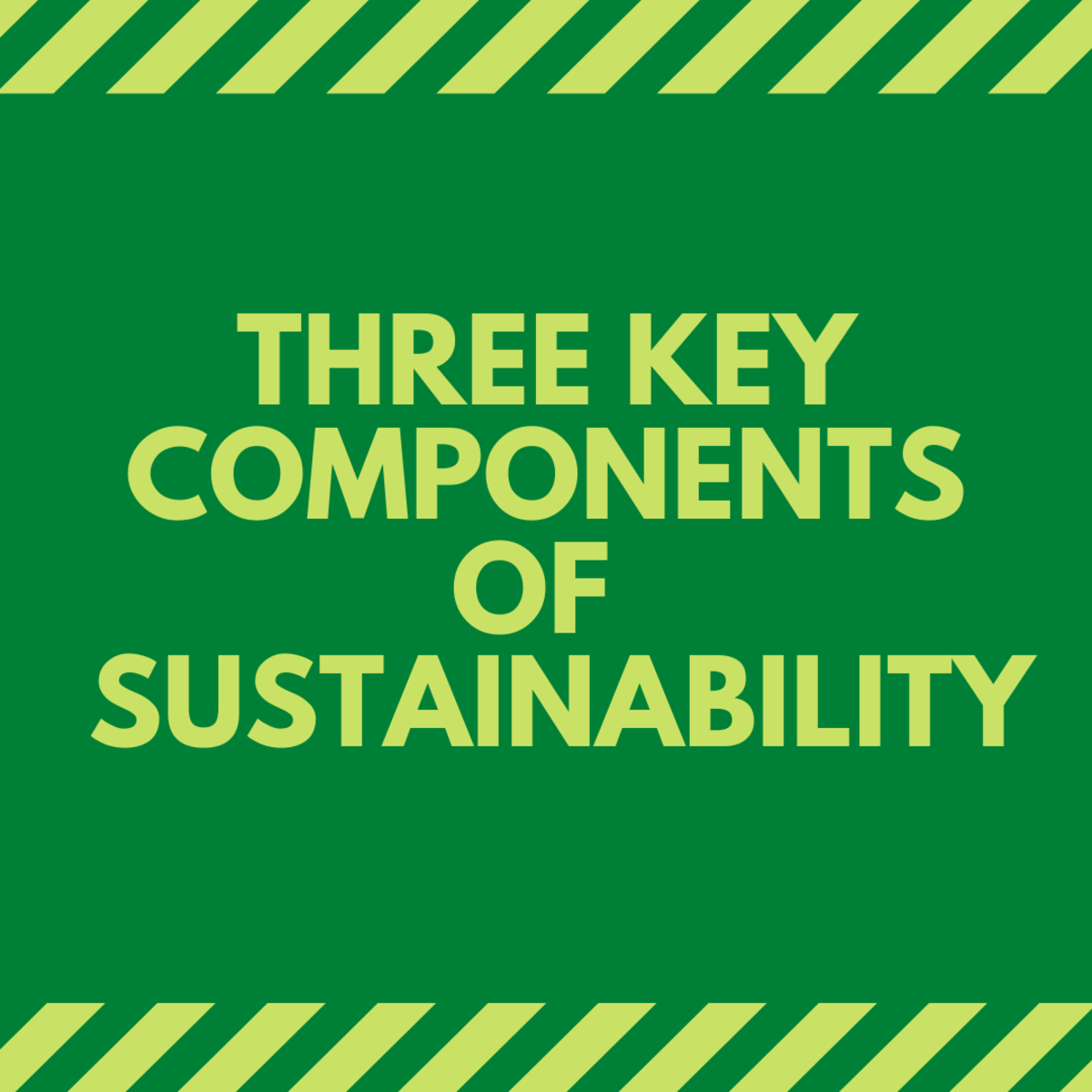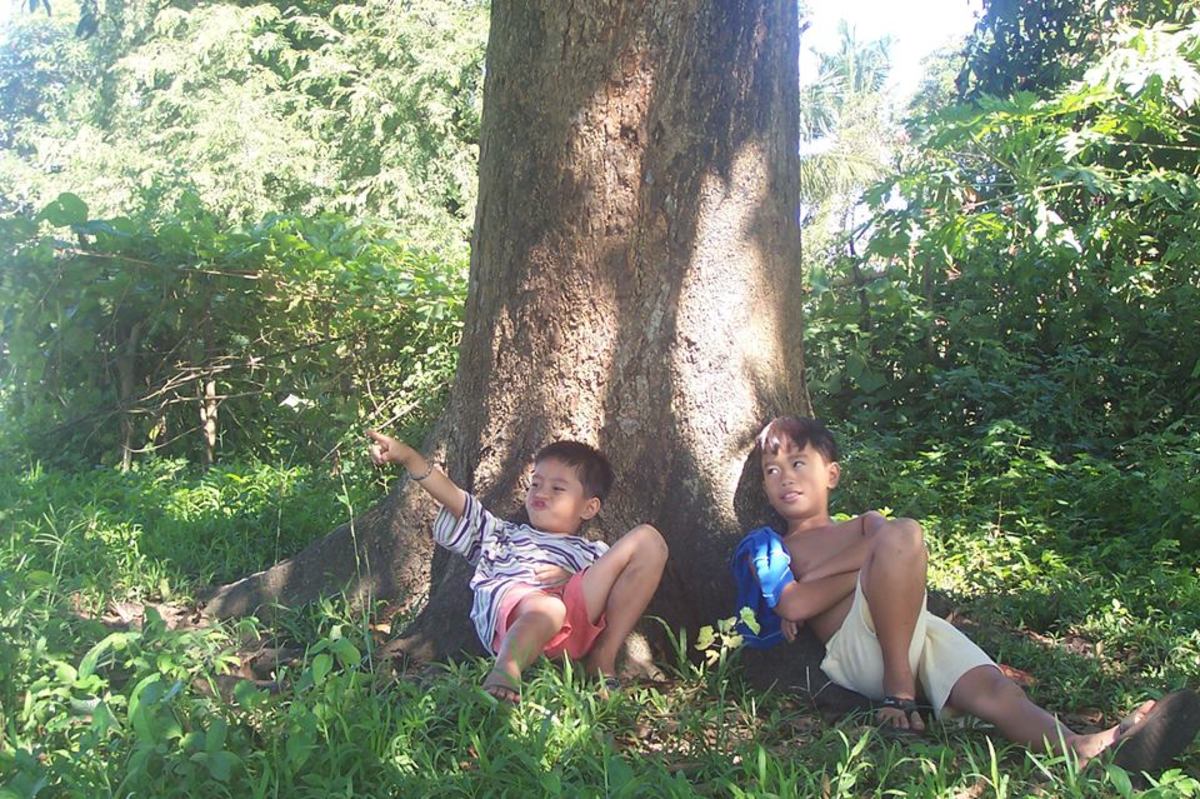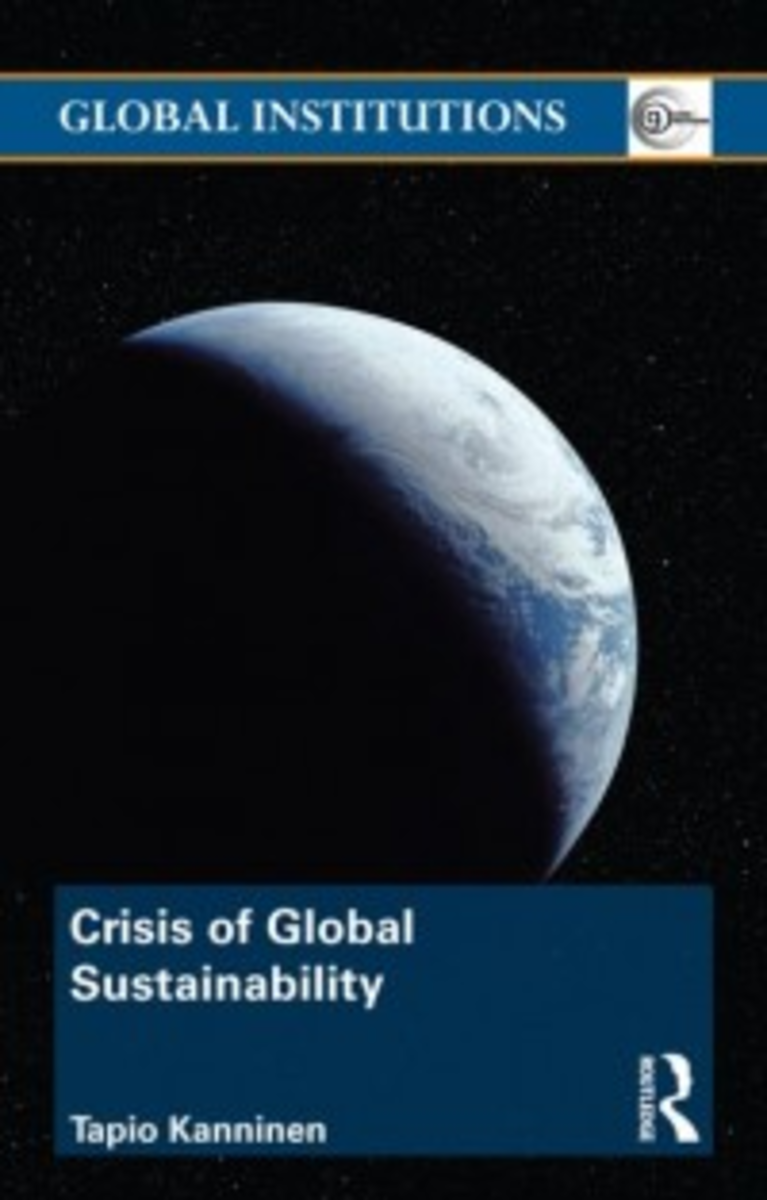What is Sustainable Growth? A Guide to Sustainable Development
Sustainable development—what is it? The quickest and simplest answer is the study of how to create and maintain a good quality of life. Yet behind that simple answer is a broad field of learning in ways quality living is achieved, especially having often to deal with conflicting needs.
The United Nations’ Brundtland Commission has produced the most recognizable definition of sustainable development—“to ensure that it meets the needs of the present without compromising the ability of future generations to meet their own needs.” Yet there is no attendant plan or details.
Whereas some criticize this ambiguity, others view it as the very strength of the idea. Thus sustainable development becomes pervasive in scope touching every sector of society.
The constituent parts of sustainable development are notably three: environmental, economic, and social.
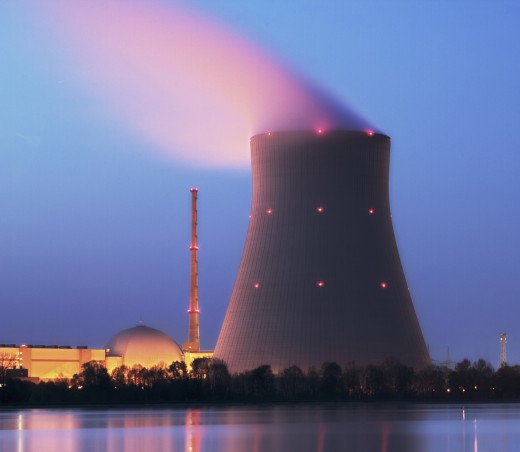
Which is more important to environmental concerns?
Environmental Sustainability: Caring for the Planet
The earth is the primary resource for humankind: we live off of the land, air, and water. There is no alternative to this. But we have full responsibility with how we interact with the ecosystem to keep it healthy, plentiful, and diverse—not only for itself but also for our participation in it. If it becomes sick, so do we; if the earth “dies”, humankind becomes extinct.
Thus environmental sustainability focuses on natural capital and concerns:
- Clean air and water
- Maintaining ecosystems and habitats
- Productive land
- Sustained energy levels
- Reducing consumption
- Clean technology
- Reducing emissions
- Reducing waste
- Creating green spaces
- Renewable energy
- Environmental alarm
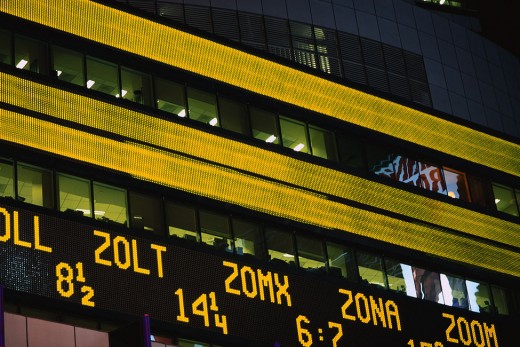
Etymology: Sustain
From 13th-century Old French (sustenir): derived from Latin and passed to Middle English: to hold up
Economic Sustainability: Value and Its Distribution
Since the earth is the capital we all share, how do guarantee that everyone has a fair share of it? Economic sustainability concerns:
- Profitability
- Wealth creation
- Equitable consumption
- Employment
- Workforce issues
The economic sector correlates strongly with both the environmental and social sectors. Raw material is what we all require ultimately (once manufactured) and an economy delivers it. Unfortunately, there are very many people globally that do not have their most basic needs met because of economic unsustainability and misallocation.
This also concerns a growing argument from Third World nations. Many poor countries view sustainable development as encroaching on their economic growth potential. The demands of richer nations for more environmentally sustainable practices come only after they have gained their wealth by the very means they now wish to outlaw. The issue must balance a sound environmental approach with an equal chance at economic viability for all.

Relevant Hub by Global-Chica
- What is Corporate Sustainability or Corporate Social Responsibility?
A look at corporate sustainability and corporate social responsibility and how these principles benefit companies incorporating them in business.
Social Sustainability: Becoming Less Consumerist
A sound economy reinforces a happy society. Think about those economic concerns again. People that are employed have the means to support themselves and their families. They then have resources for bettering themselves: education, healthcare, housing. In time, they are able to create their own wealth by saving and investing; and as this occurs society rises.
Social sustainability deals with the social systems that determine a quality of life. It involves the basic needs that must be met for a community to function. Its concerns:
- Equal opportunity
- Social welfare
- Equity
- Democracy
- Technology
- Education
- Healthcare
- Transportation
Social sustainability promotes less consumerism and demands of us the ability to live with minimal requirements.

Cultural Sustainability: Understanding Human Diversity
There is a growing consensus to add a fourth “pillar” to the sustainable development model: culture. Proponents that include indigenous people groups argue that an understanding of ourselves—our beliefs, values, and differences—contributes greatly in comprehending the world and how we go about determining solutions for it.
This sector concerns:
- Tradition
- Intellectual and emotional awareness
- Spirituality and religion
- Morality and ethics
- Anthropology
- Linguistics
- Activism
Sustainable Development: Science or Philosophy?
As you can see, sustainable development is an extensive field able to provide engaging study to any person. But one needful question: How do we know when we’ve become sustainable? Is this a science with a measurable goal or a philosophy that self-perpetuates and enhances, the goal that ever-renews?
In the end, concern for the world, its customs, and its people is the ultimate good. And the concept of sustainable development, amorphous as it may be, is indeed pliable enough to support our diverse aims at being more responsible citizens of the earth.
Other Sustainability Hubs
- The World's Most Sustainable Communities
Learn about the world's greenest communities, what they're doing right, and ways your community can be like them. - History's Most Sustainable Communities
Our ancient ancestors understood sustainability just as well as we do today, albeit with a different focus. Moreover, their sustainable practices helped to make the world what it is today.

